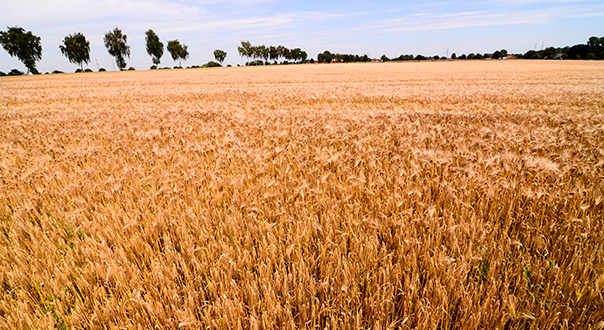You’ve heard about the Bavarian Purity Law, right? No, it’s not designed to stamp out the kind of behaviour that has gained Berlin clubs like Berghain some notoriety (Google it, just not when you’re on the bus). It’s the ironclad law — known as the Reinheitsgebot in German — from 1516 that states that beer can only be made from water, malt, and hops.
Except, as with all ironclad laws, there was an exception built in.
Apparently the dukes of Bavaria were fond of a local beer made with a large proportion of wheat, called weissbier (white beer) or weizenbier (wheat beer). And when the guys who make the rules like something, they tend to get what they want.
So an exception was allowed for one brewery to keep making the wheat beers the dukes enjoyed, and over time other breweries were allowed to produce the stuff.
Weizenbier is a catch all term for a range of different styles of wheat beers, which tend to have greater than fifty percent of the grain made up with wheat. Hefeweizen — which translates to yeast wheat — is one such style. Pronounced as HEH-feh-vite-zen, this ale gets its name from the suspended yeast particles left in the beer, as it’s not fined of filtered like others.
And it’s the yeast strain — Torulaspora delbrueckii, otherwise known as weizen yeast — that the Bavarians use that gives their hefeweizens the distinct, estery aromas of banana, clove, citrus and bubblegum.
They are typically made in an easy-drinking style (it’s a bit of a breakfast beer in Bavaria) and feature a restrained use of hops.
They’ve become quite popular in America, too. There you’ll see more often than not that the beer is garnished with a slice of lemon to accentuate the citrusy character of the brews. But you’ll often find a different flavour profile: sure, they’re made with wheat, and bottled unfiltered so they’re cloudy like the Bavarian examples. But the yeast is not typically the same weizen yeast used in Germany, and so you don’t get the estery characters the yeast imparts. Instead, the citrus note for these Yankee beers is more likely to come from the array of hops they use.
These hefeweizens are only just the tip of the wheat sheaf when it comes to the range of wheat beers out there: you will also find kristallweizen (these are clear), dunkelweizen (for dark wheat beers) and weizenbocks, among many, many others.


